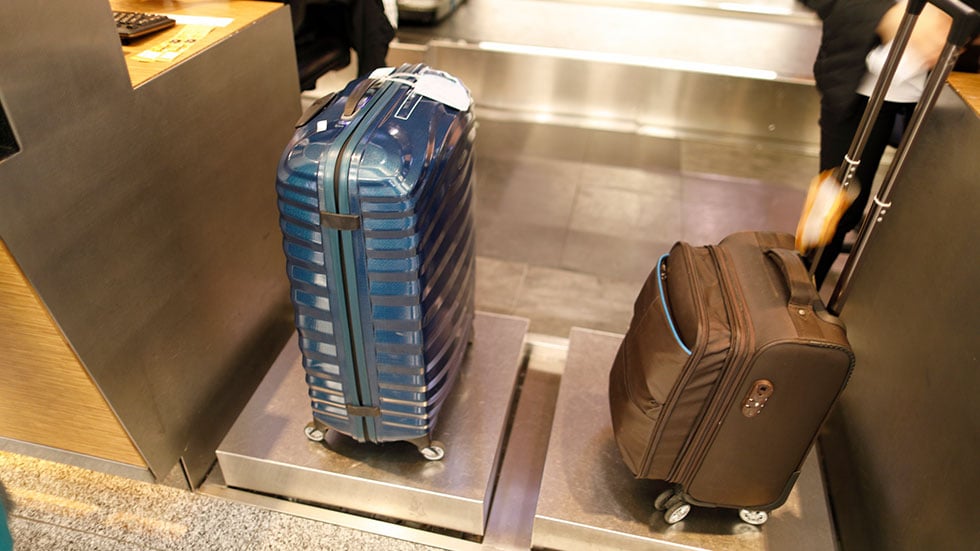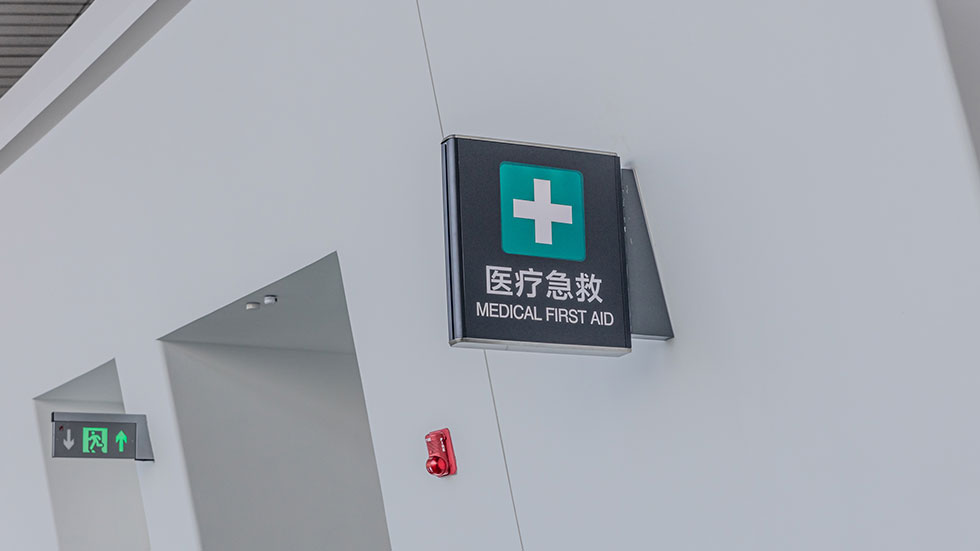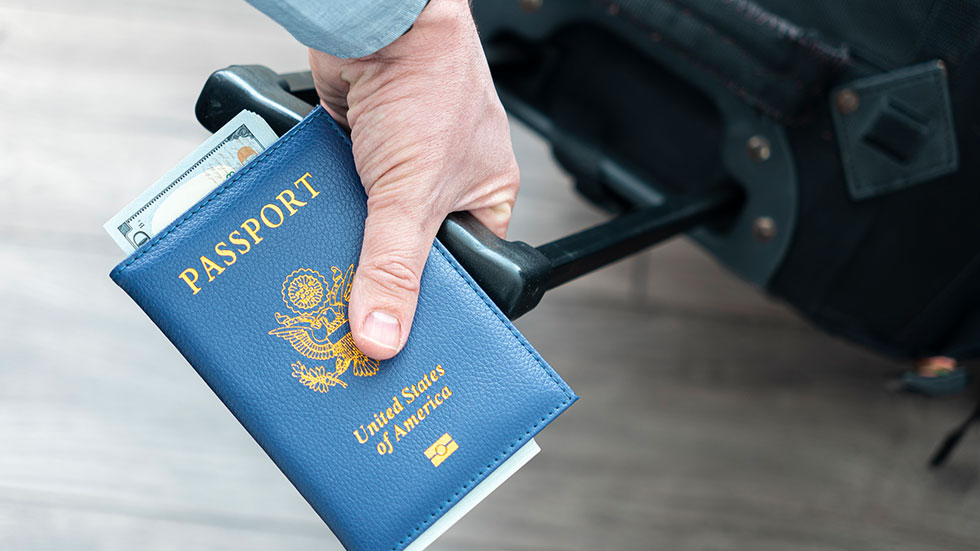Planning a Trip? Don't Forget These 5 Overlooked Travel Expenses
Surprising costs to include in your travel budget, plus tips for saving money


Planning your dream vacation is an exciting endeavor, but while choosing your destination and creating your itinerary, it’s easy to overlook some unknown or unexpected travel expenses that can quickly throw a wrench in your budget. Being aware of these costs can make all the difference in keeping your vacation budget intact. Read on to learn more about some of the top overlooked expenses and how you can better prepare for them.

Baggage fees
You’ve booked your flight, finalized your accommodations, packed your bags, and are ready to jet off. But as you get to the counter to check in for your flight, you’re suddenly hit with unexpected baggage fees. While it seems like a minor detail, these fees can be a bummer on your budget if you weren’t prepared for them.
For example, Delta Airlines charges $30 for your first standard checked bag and $40 for your second. If your bag is oversized, it could cost up to $200 and if it’s over the weight limit, it could be up to $200 in fees.
To avoid these surprise charges, check your airline’s baggage policy well in advance. Some carriers offer cheaper rates for pre-booking luggage online, so that’s an easy way to save.
Use packing cubes and travel-size toiletries to maximize space in your carry-on, potentially saving you from checked baggage fees. If you are checking a bag, make sure the size and weight meets the airline’s requirements.

Currency exchange rates
When it comes to a travel budget, the impact of currency exchange rates is often underestimated. While many countries will accept U.S. dollars, fluctuations in exchange rates can significantly alter the cost of your trip (especially if you’re exchanging a large amount of money).
It’s essential to keep an eye on currency trends leading up to your departure and consider locking in rates. Also be wary of fees associated with currency exchange services as these can eat into your travel expenses.
Use reliable currency conversion apps or websites to stay up to date on the latest exchange rates and compare rates from different providers to get the best deal.

Unexpected medical costs
Health emergencies can not only be an unfortunate interruption to your trip, but they can also be financially draining. While travel insurance is a well-known and helpful safeguard, many travelers underestimate the potential medical expenses they could incur in the event of illness or injury.
From prescription medications to unexpected doctor visits, it’s first crucial to understand what your health and travel insurance does and doesn’t cover. For example, some policies may not include coverage for pre-existing conditions or adventurous activities, so be sure to read the fine print.
Research local health care facilities at your destination and carry a basic first aid kit. Knowing where to go in the event of an emergency can save you time and money.

Potential trip add-ons
When you’re on vacation, the allure of additional expenses can be tough to resist. From guided tours to spontaneous activities, dining out, and souvenirs, these add-ons can quickly accumulate and do some major damage to your travel budget.
While it’s obviously important to enjoy your trip, it’s equally important to set a realistic spending limit for extras. Create a separate fund for activities so you can indulge without jeopardizing your overall vacation budget.
Research and prioritize activities in advance and allocate funds accordingly. In some cases, you can get a discount if you purchase tickets or passes in advance. This way you can indulge guilt-free in the experiences that matter most to you.

Local transportation
Getting around your destination may seem like a minor expense, but local transportation costs can quickly add up. Whether it’s public transportation, taxis, or rideshare services, it’s crucial to understand how much you might be spending. In some cities, public transportation may offer significant savings, while in others, rideshares like Uber may be more cost effective. Research your options and plan accordingly to avoid surprises or unexpected travel expenses.
Consider purchasing transportation passes or cards that offer discounted rates for multiple rides. This can be particularly helpful in cities with extensive public transportation networks.

Passport fees
If you’re traveling internationally, you must have a passport. International passport fees can be expensive, and you also have to factor in the cost for passport photos. If you wait to get your passport and need the process expedited, you’ll pay even more.
Passports can take 8-11 weeks to deliver, so make sure you plan in advance to avoid late fees.
